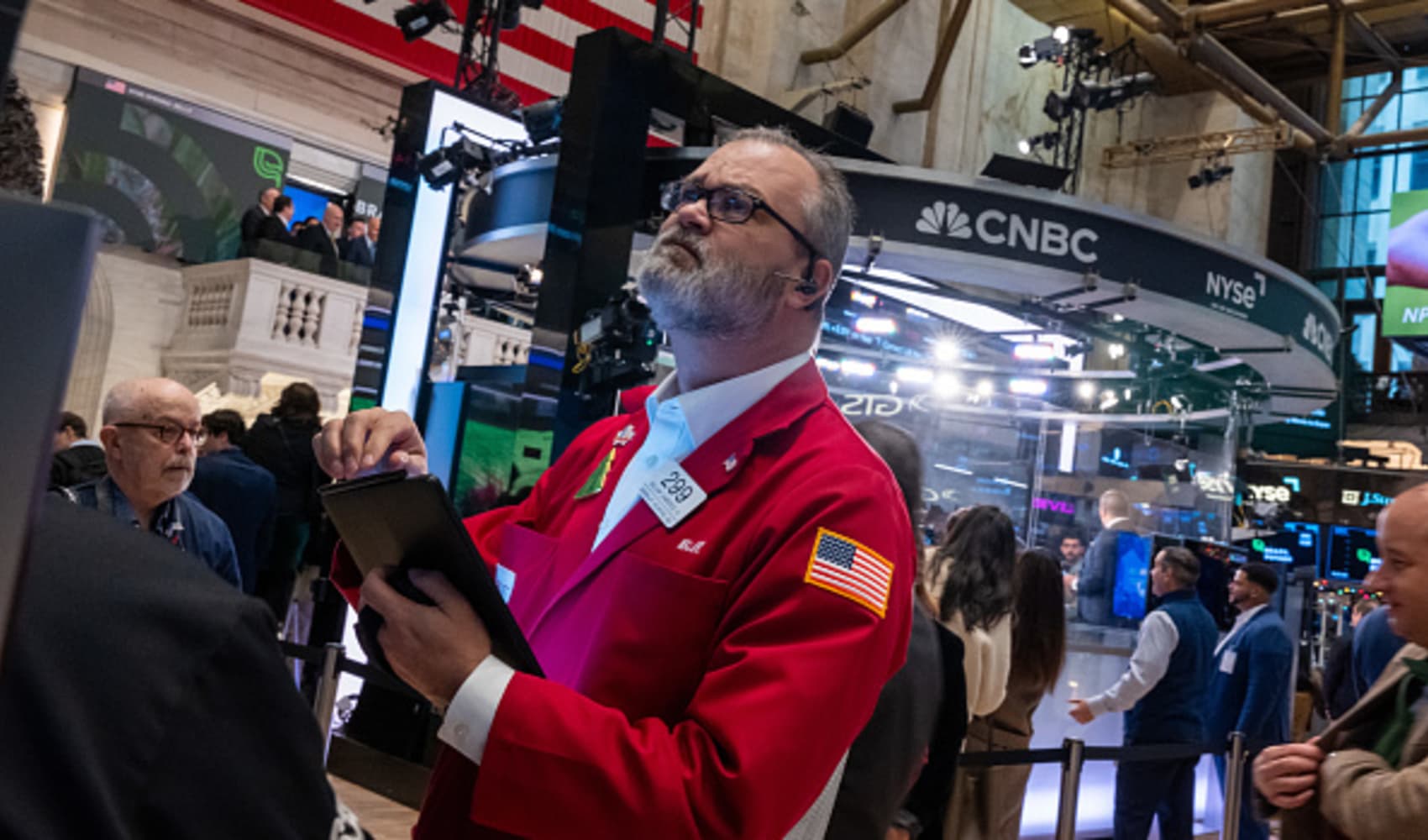
Amber Venz Box launched RewardStyle in 2011 with a relatively modest goal: make enough money to move out of her father's house.
"I was in my early 20s, living at home, still eating my dad's cereal," Box, now 36, tells CNBC Make It.
She did that, and more. Box's Dallas-based marketing company, now called LTK, helped pioneer the modern creator economy, connecting influencers and bloggers with retail brands' advertising dollars. It was most recently valued at $2 billion, after a 2021 investment from Japanese investment holding company SoftBank.
In true early 2010s fashion, that journey started with an unpaid blog. Specifically, a fashion blog: After working as a fit model, an intern at Thakoon and an assistant buyer at a luxury boutique, Box wanted to build an online presence as a personal shopper.
Get top local stories in Southern California delivered to you every morning. >Sign up for NBC LA's News Headlines newsletter.
The problem with that strategy, Box says, is that people could take free fashion advice from her blog without actually hiring her. Early fashion bloggers weren't yet commonly using affiliate marketing technology, where websites drive traffic to a retailer's online shop in exchange for a cut of those eventual sales.
But the concept of affiliate marketing was intriguing to Box, who saw it as a way to apply her personal shopping business model to her blog and turn it into a profitable full-time job. She asked her then-boyfriend, an electrical engineer and tech analyst named Baxter Box — today, they're married with four kids — if he could help.
They each spent $500 to $1,000 of their own money to build a website that could accommodate affiliate links, she estimates. When they realized they could sell similar tech to other bloggers, RewardStyle was born.
Money Report
At the time, Box had only "$260-something in my bank account," she says.
The couple scraped together an additional $1,000 from friends and family, some of which went toward renting a single-room residential apartment as their first office space, says Box.
"I told the leasing agent, 'We're going to run a business here. I probably will sleep here a lot too. Is that OK?' He's like, 'Fine with me,'" Box says.
They hired a software engineer to help run the site and used liquidation sales to furnish their office space. "We found a defunct business in Fort Worth and drove over in Suburbans and trucks, and loaded up some chairs and some desks," says Box. "For my birthday that year, I got a Keurig, so our sole engineer was happy that he had coffee."
Today, LTK employs more than 800 people, and hundreds of thousands of online creators have used its platform to earn at least $2.7 billion in total payouts from retailers since 2011, according to the company. Over that time, the platform has helped 240 influencers — all women — become millionaires, Box says.
"Our mission has always been to make creators as economically successful as possible," she says. "[LTK] started because I wanted to move out of my dad's house, I wanted to keep making money as a personal shopper and I wanted my friends to be able to do the same."
Want to make extra money outside of your day job? Sign up for CNBC's new online course How to Earn Passive Income Online to learn about common passive income streams, tips to get started and real-life success stories. Register today and save 50% with discount code EARLYBIRD.
Plus, sign up for CNBC Make It's newsletter to get tips and tricks for success at work, with money and in life.






